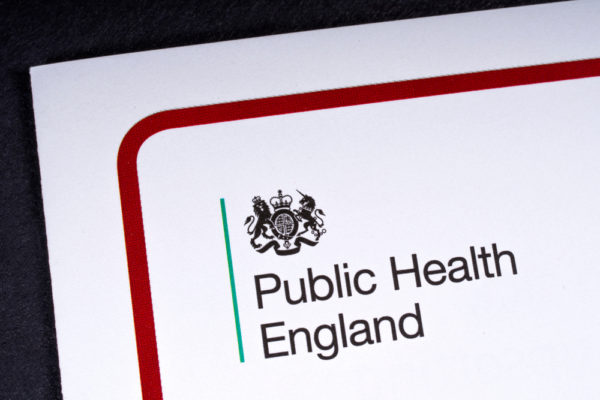Lack of results on sugar reduction leads to calls for confectionery tax

The latest report from Public Health England (PHE) on progress made by the food and drink sector in reducing sugar content in products is likely to make particularly difficult reading for the confectionery and bakery markets.
According to the authority’s latest results, neither segment managed to come close to the 5% reduction over the past 12 months being sought by the UK government – which is calling for a total of 20% reductions in sugar content by 2020.
Based on the initial PHE figures, signs do not look promising that this will be achieved within the space of two years. This is despite some new innovations from leading global companies to tackle what has become the issue of the moment.
Consequently, it’s perhaps no surprise to see industry campaign group Action on Sugar calling for a 20% energy density levy on chocolate confectionery, which it claims will prove effective at driving improvements to product formulation.
The independent group of specialists cites the recent tax on sugar-based drinks as a strong example of how such decisions can influence wider trends within the industry.
For some observers, one of the reasons behind an apparent lack of progress may beyond the obvious major costs and research and development time associated with reformulating products, might simply be the fact these targets not legally binding.
It could well require the government to take decisive action to put such aspirations into law for major progress to materialise.
Given the UK’s acknowledged obesity crisis, the issue of sugar in confectionery has been addressed by our latest editorial board member, Andy Baxendale, in his opening column.
He asserted that sugar ‘shouldn’t be demonised’ in being a key element of confectionery, which he points out is itself designed as a luxury occasional treat rather than an every-day essential.
While there will undoubtedly be questions to answer over the pace of response in cutting sugar in confectionery, there have been some notable developments.
These include Nestle’s Milkybar Wowsomes, which the company says are the result of a significant scientific breakthrough, in devising ‘structured sugar’ which contains 30% less sugar than regular bars.
There were also plenty of headlines last year for the company’s Kitkat bars being reformulated with 10% less sugar.
Just last week, the company confirm an international “Nestle for Healthier kids’ drive, aspiring to help 30 million children live healthier lives by 2030 through increasing levels of vegetables in its food products and further reducing sugar levels. Another one of its brands, Rowntree’s, has cut 30% of sugar from its fruit pastilles, which demonstrates that such reductions are entirely viable.
Meanwhile, Swiss-based Barry Callebaut has been busy in creating a sugar-substitute, ‘zero sugar’ range that has recently been unveiled that offers a serious alternative, alongside existing free-from products that have emerged in recent years.
It will be particularly interesting to see how the industry responds in the coming months, with pressure now on for the sector to increase its pace of change to address health concerns.
Keep in touch at [email protected] or via social media at @confectionprod



